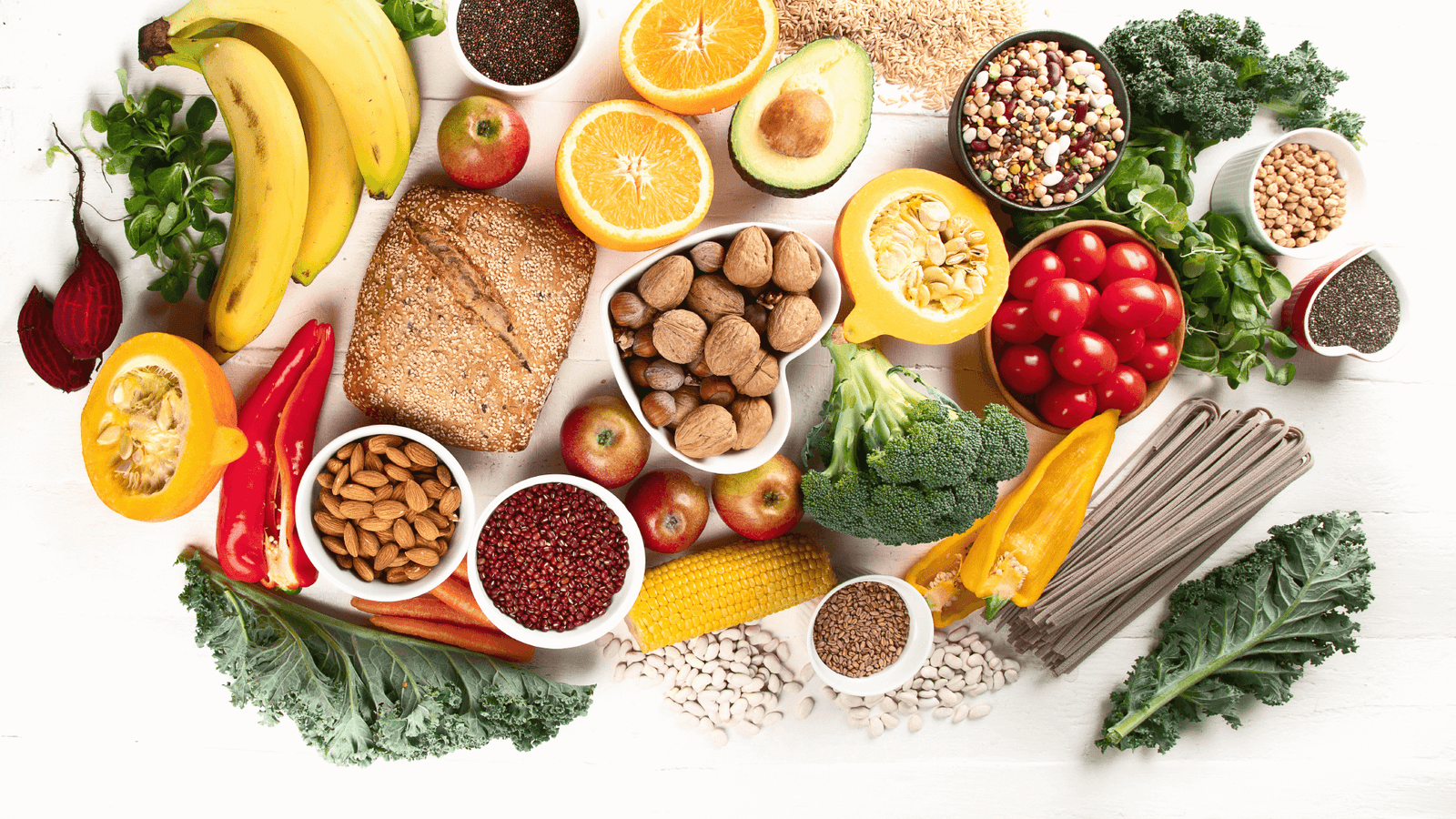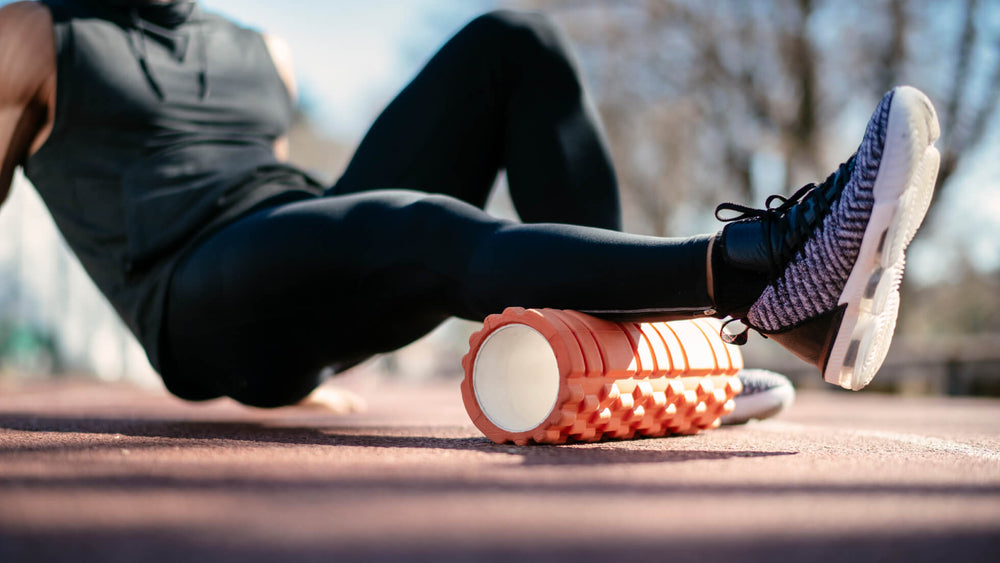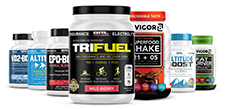Race-Day Energy and Post-Race Repair: The Ultimate Carb/Protein Blueprint

When you’re out spinning up steep climbs or logging marathon miles, what you fuel with mid-ride or mid-run differs from what you need after crossing the finish line. Nailing the right mix of carbohydrates and protein during a hard session will keep your engine running smoothly, while the post-workout combo drives muscle repair and replenishes glycogen. Here’s how to dial in your macros so you can nail your nutrition every time.
Macronutrient Balancing: Performance vs. Recovery
During exercise, your primary goal is to maintain blood glucose and postpone muscle breakdown. That means carbs rule, but adding a touch of protein can blunt muscle damage on ultra-long efforts. Afterward, you’ll want to flip the script and go with a 3:1 or 4:1 carb-to-protein ratio within 30 minutes jump-starts recovery, topping off energy stores and rebuilding muscle.
During Hard Training: Carbs First, Protein Second
For most workouts under three hours, aim for 30–60 g of carbs per hour. If you weigh 155lbs, that’s 28–56 g carbs each 60 minutes. To protect muscle tissue, especially in long ultras or century rides, add 0.1–0.2 g/kg/h of protein, or roughly 7–14 g protein per hour for that same 155lb athlete.
- Running vs. biking: Running jostles your gut, so pure carb sources (gels, chews) are often easier than protein-infused snacks. Biking allows gentler digestion—consider bars or blended drinks with carbs + BCAAs.
- Gender Considerations: Women’s slightly lower body mass means absolute carb/protein needs may be on the lower end of ranges. Men often require the higher end but always calculate per kg to be precise.
Practical During-Session Picks
- Clif Shot Bloks + BCAAs: 25 g carbs + 5 g amino acids per pouch
- Homemade trail mix:2 parts dried fruit to 1 part roasted chickpeas (30 g carbs + 5g protein per 1/3 cup)
- Electrolyte drink + whey shot: 20–30g carbs in drink + 10g whey isolate
Post-Workout Recovery: Carbs and Protein in Tandem
Once you’re off the bike or finished your last rep, the clock starts ticking on the “anabolic window”. Within 30 minutes, shoot for 1–1.2g carbs/kg (70–84g for a 155lbs athlete) paired with 0.25–0.3g protein/kg (17–21g protein). Two hours later, follow up with a balanced meal.
Why the Ratio Matters
- Carbs refill muscle glycogen—your energy “tank.”
- Protein delivers amino acids for muscle repair and adaptations.
Practical Snack and Meal Ideas
Here are quick, portable options that hit recovery ratios without extra prep:
- Chocolate Milk ~50g carbs + 10g protein per 16oz glass (5:1 ratio).
- Greek Yogurt Parfait 1 cup non-fat yogurt + ½ cup granola + 1T honey → ~45g carbs + 20g protein (2:1 ratio)
- Turkey and Avocado Wrap Whole-wheat tortilla + 4oz turkey + ½ cup spinach + 1T hummus → ~40g carbs + 25g protein
- INVIGOR8 Superfood Shake 20g whey protein powder (3:1 ratio) mixed with water
Timing Is Everything
- During session: Fuel every 20–30 minutes with carbs; protein every 60 minutes if your session exceeds two hours.
- Immediate recovery: Consume your recovery snack or shake within 30 minutes of finishing.
- Second meal: Eat a balanced meal (30–50g protein, 60–100g carbs) within two hours to solidify recovery.
Dialing In for You: Weight, Gender, and Duration
- Calculate per kilogram: Always base carbs and protein on bodyweight—0.36–0.45 protein/lb and 0.5–2g carbs/lb.
- Adjust for gender: Women generally use the lower end of ranges; men skew higher—fine-tune in training.
-
Match your session:
- Short, high-intensity (1 hour) 30–45 g carbs, minimal protein.
- Moderate (2–3 hours) 45–60 g carbs + 0.045 g protein per lb of body weight
- Ultra-endurance (4+ hours) 60–90 g carbs + 0.07–0.09 g protein per lb of body weight
Take the next step in your training regimen: Try any BRL Sports supplement risk-free! If our natural nutritional products aren’t the best you’ve ever used, simply return your purchase for a 100% refund — no questions asked!
Also in Inspiration & Perspiration

High Altitude Supplements: Complete Guide to Training & Prevention (Altitude Sickness Solutions)
Support endurance and reduce altitude stress with supplements that improve oxygen efficiency, stamina, and recovery in high-altitude conditions.

Best Supplements For Runners: Complete Guide By Training Phase (Base, Peak, Taper & Race Day)
Discover the best supplements for runners by training phase—base, peak, taper, and race day—to boost endurance, recovery, and performance.

Creatine for Endurance vs. Sprint Efforts
Creatine isn’t just for power—learn how it boosts sprint speed, recovery, and endurance performance.


